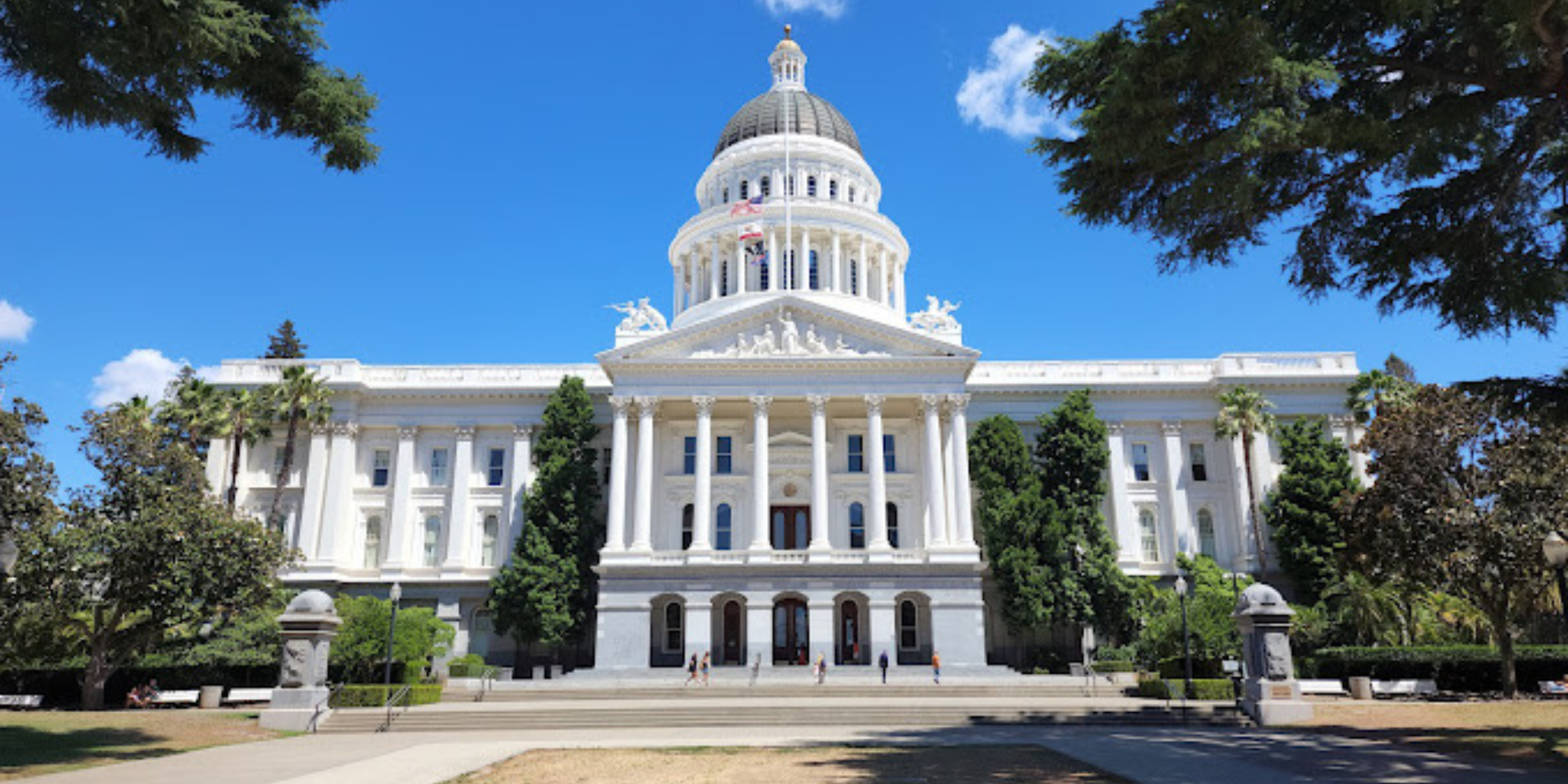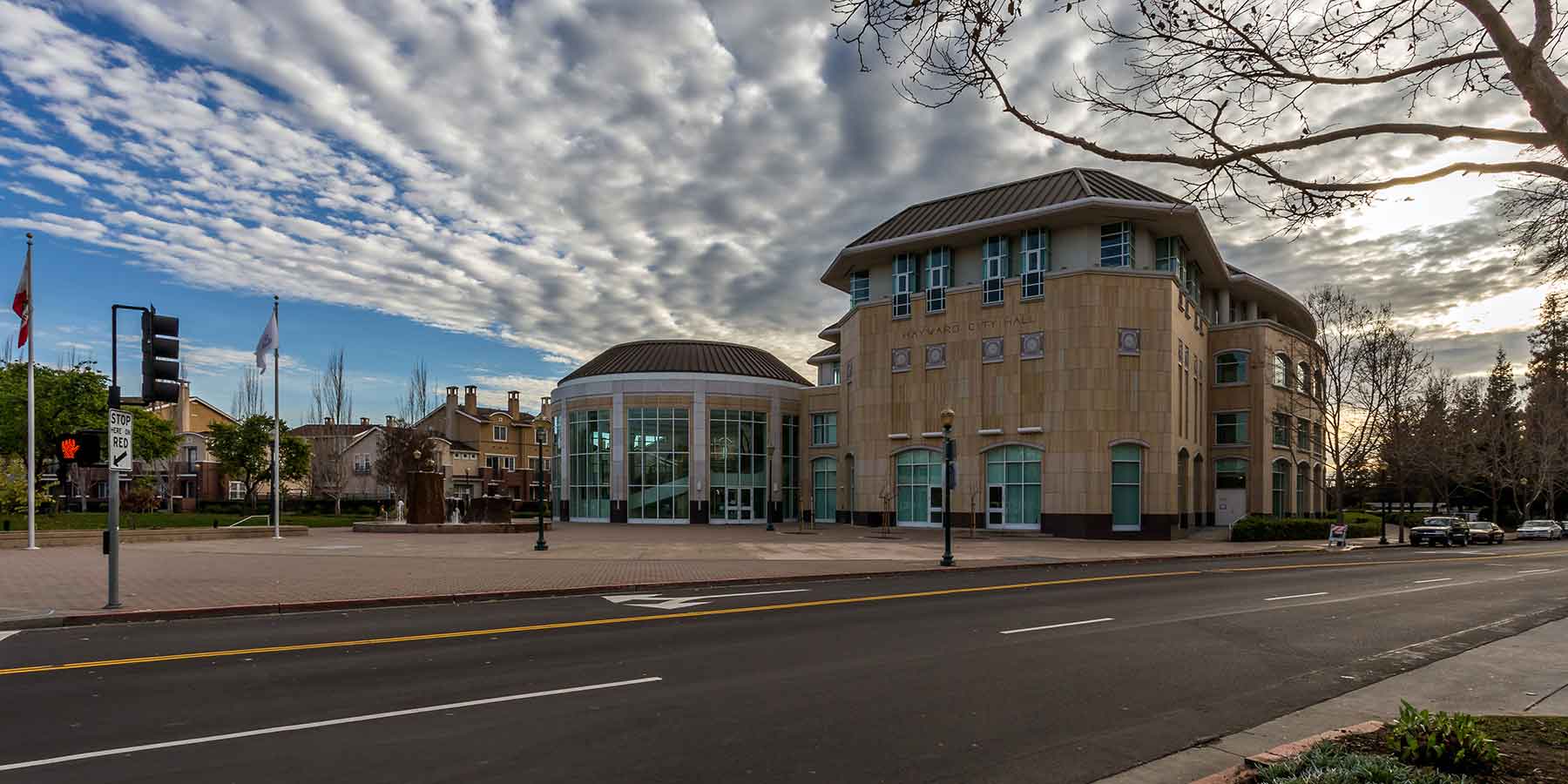Legislative Program

The Legislative Program is a tool to protect, promote, guide and support City of Hayward interests on priority issues and legislative/regulatory matters that might impact the City at the state and federal level. These align with the City's Strategic Priorities of: Enhancing Community Safety & Quality of Life, Preserving, Protecting & Producing Housing for All, Confronting Climate Change & Championing Environmental Justice, Investing in Infrastructure, Growing the Economy, and Strengthening Organizational Health.
Learn more about our Strategic Priorities
Current legislative advocacy efforts:
Housing for All Act
Supports Strategic Priority:
Preserve, Protect & Produce Housing for All
Letter of Support:
Background:
The lack of affordable housing access and homelessness are growing crises impacting Americans nationwide, disproportionately affecting communities of color and low-income communities. In the U.S., over a 580,000 individuals and families experience homelessness annually, and significantly more Americans face housing insecurity. According to the National Low Income Housing Coalition’s recent Out of Reach 2023 Report, no state or county exists where a person working 40 hours a week and earning the state or local minimum wage can afford to rent a modest two-bedroom apartment. In fact, the average minimum wage earner would need to work 104 hours per week – the equivalent of two and a half full-time jobs – to afford a two-bedroom rental home.
To solve our nation’s housing crisis, we need an all-hands-on-deck approach – including investments from the federal government in housing solutions at a rate commensurate with our nation’s need. The “Housing for All Act of 2023” would invest in proven solutions and provide a surge of funding for strategic, existing programs to reduce homelessness and provide funding for innovative, locally-developed solutions to help those experiencing homelessness.
This Bill Would:
- Address the affordable housing shortage by investing in the National Housing Trust Fund, the Section 202 Supportive Housing for the Elderly Program, the Section 811 Supportive Housing for People with Disabilities, and the HOME Investment Partnerships program. It would also authorize a grant program to help jurisdictions most efficiently navigate federal and state housing funding sources and establish a commission on racial equity within USICH.
- Address the homelessness crisis by investing in Housing Choice Vouchers, Project-Based Rental Assistance, the emergency solutions grant program (which helps with street outreach, rapid re-housing assistance, emergency shelter, and homelessness prevention), and Continuums of Care. It would also commission a report on the relationship between emergency rental assistance and evictions.
- Support innovative, locally developed approaches to these crises by investing in hotel and motel conversions to permanent supportive housing with supportive services, the Eviction Protection Grant Program to support experienced legal service providers in providing legal assistance to low-income tenants at risk of or subject to eviction, mobile crisis intervention teams to help those with medical or psychological needs get the care that they need, programs that offer a safe place to park overnight and facilitate access to rehousing services and essential services, library programs that support people experiencing homelessness, inclusive transit-oriented development and infill development, and improve coordination of culturally competent, trauma-informed behavioral health and homelessness services.
The bill has been endorsed by organizations and stakeholders including:
National Alliance to End Homelessness, National Low Income Housing Coalition, Matt Desmond of the Princeton University’s Eviction Lab, LeadingAge, American Library Association, National Rural Housing Coalition, UnidosUS, Covenant House, Self-Help Enterprises, California State Association of Counties, County Welfare Directors Association of California, and more.








